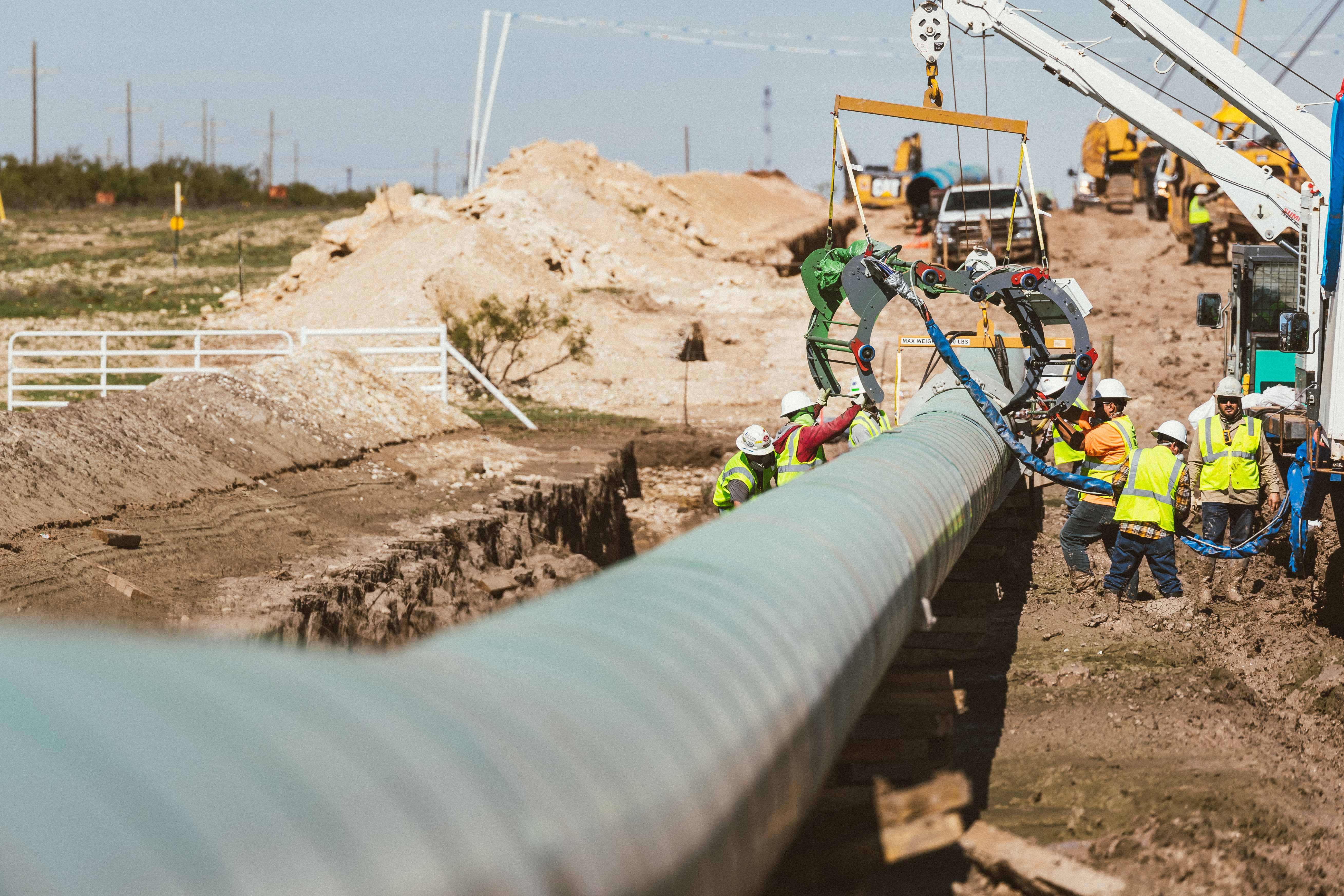Hungary, Serbia Agree to Build Pipeline to Ship Russian Oil to Serbia
(Reuters) — Hungary and Serbia have agreed to build a pipeline to supply Serbia with Russian Urals crude via the Druzhba oil pipeline as Belgrade's shipments via Croatia fall under EU sanctions, the Hungarian government said on Monday.
Last week the European Union agreed on new restrictions against Russia over its war against Ukraine, which include an oil price cap for Russian seaborne crude deliveries to third countries. Serbia gets its oil via the JANAF oil pipeline from Croatia.
"The new oil pipeline would enable Serbia to be supplied with cheaper Urals crude oil, connecting to the Friendship oil pipeline," Hungarian government spokesman Zoltan Kovacs tweeted.
He added that Serbia's oil supply was largely via a pipeline through Croatia, "but this is unlikely to be possible in the future because of the sanctions that have been adopted".
Hungary, which is largely reliant on Russian oil and gas, has been the most vocal critic of sanctions against Russia in the EU, saying the measures drove up energy prices. Budapest backed last week's sanctions package.
The southern branch of the Druzhba, or Friendship pipeline, runs via Ukraine to Hungary, Slovakia and the Czech Republic, and has been the primary source of supply for the three countries' refineries for years.
Serbia's sole oil company is NIS, in which Russian Gazprom Neft and Gazprom together hold a majority stake.
Earlier this month, Hungary also said it would help out Serbia with gas if needed.
Hungary has gas reserves covering about five to six months' worth of consumption, Prime Minister Viktor Orban said.
Related News
Related News

- Kinder Morgan Proposes 290-Mile Gas Pipeline Expansion Spanning Three States
- Enbridge Plans 86-Mile Pipeline Expansion, Bringing 850 Workers to Northern B.C.
- Intensity, Rainbow Energy to Build 344-Mile Gas Pipeline Across North Dakota
- U.S. Moves to Block Enterprise Products’ Exports to China Over Security Risk
- Court Ruling Allows MVP’s $500 Million Southgate Pipeline Extension to Proceed
- U.S. Pipeline Expansion to Add 99 Bcf/d, Mostly for LNG Export, Report Finds
- A Systematic Approach To Ensuring Pipeline Integrity
- 275-Mile Texas-to-Oklahoma Gas Pipeline Enters Open Season
- LNG Canada Start-Up Fails to Lift Gas Prices Amid Supply Glut
- TC Energy’s North Baja Pipeline Expansion Brings Mexico Closer to LNG Exports





Comments